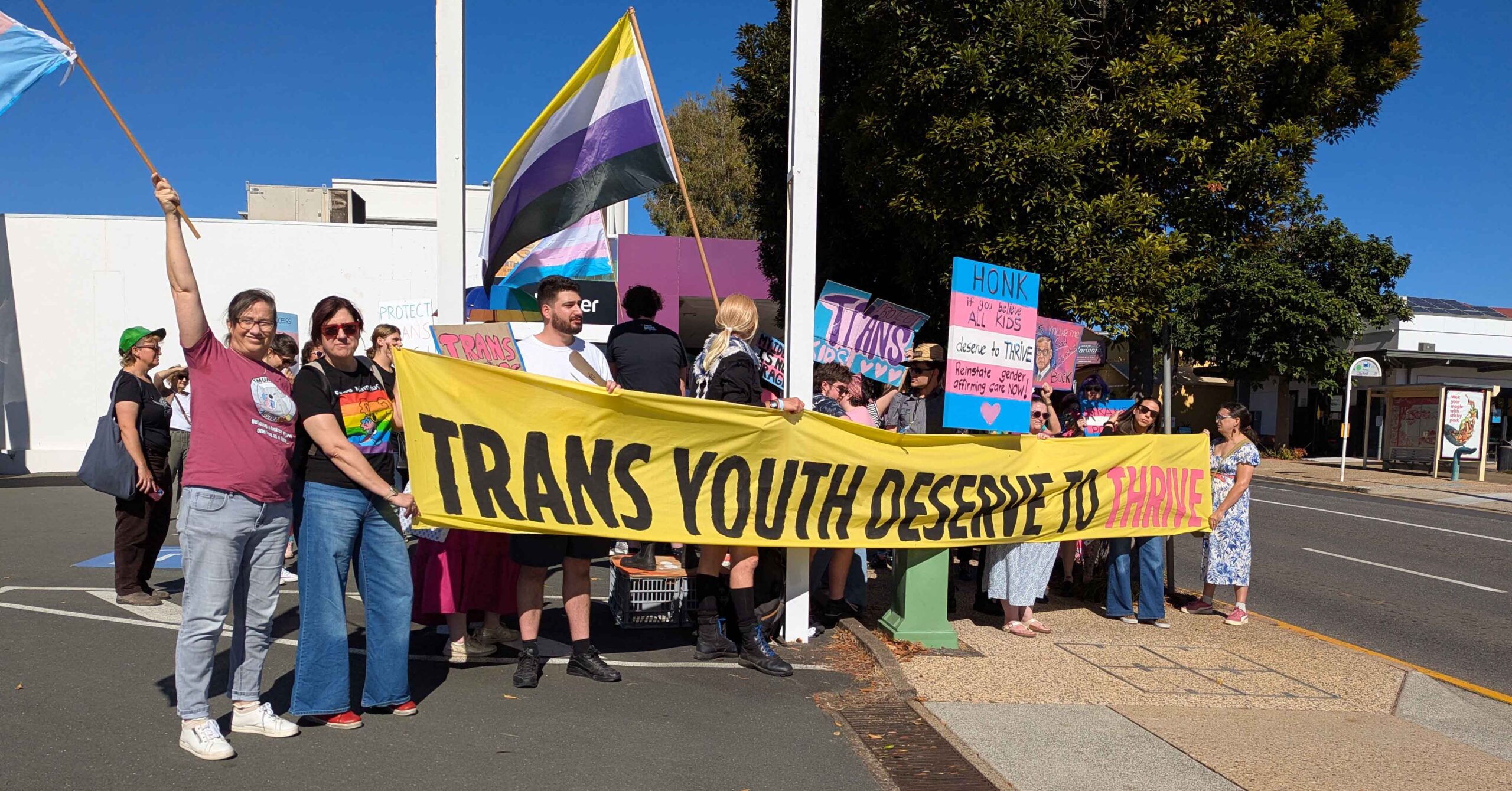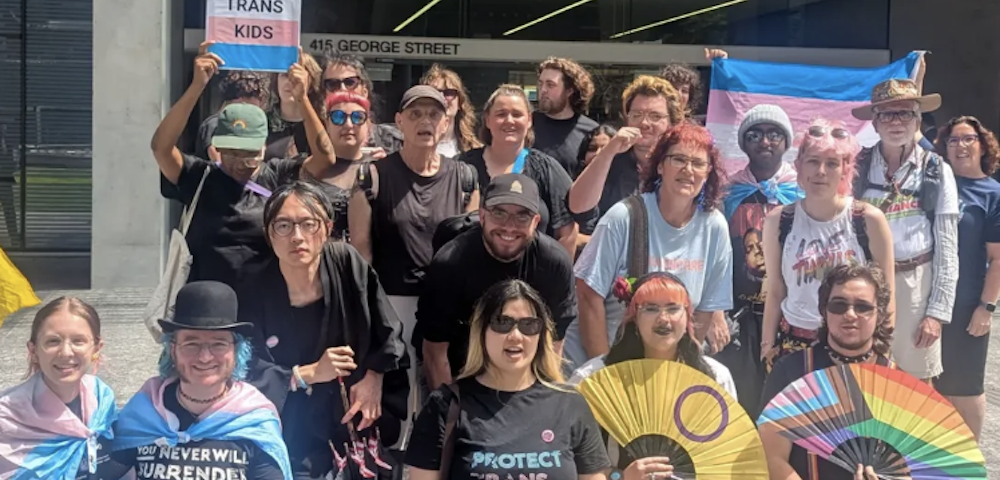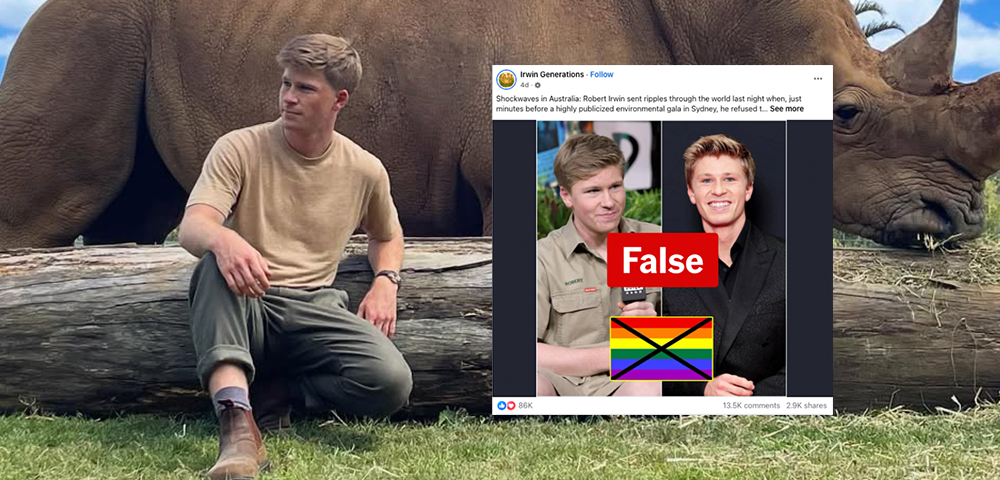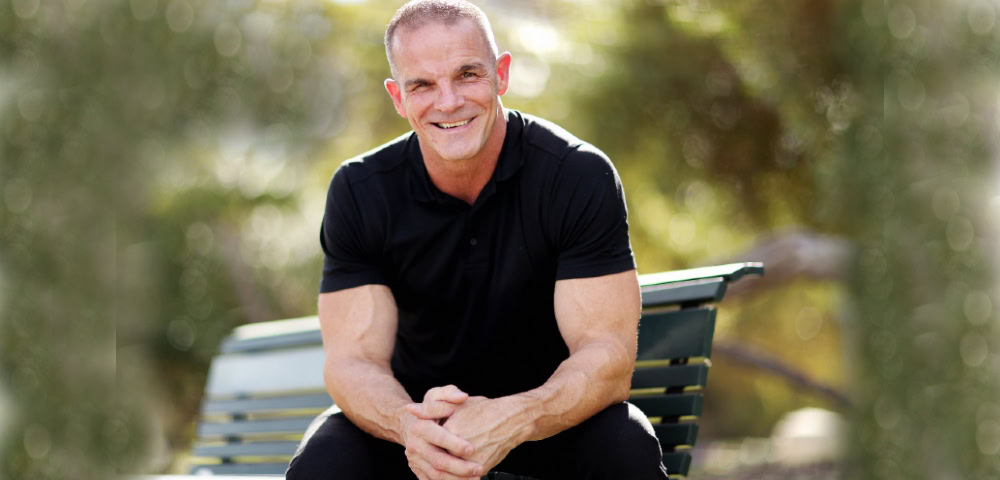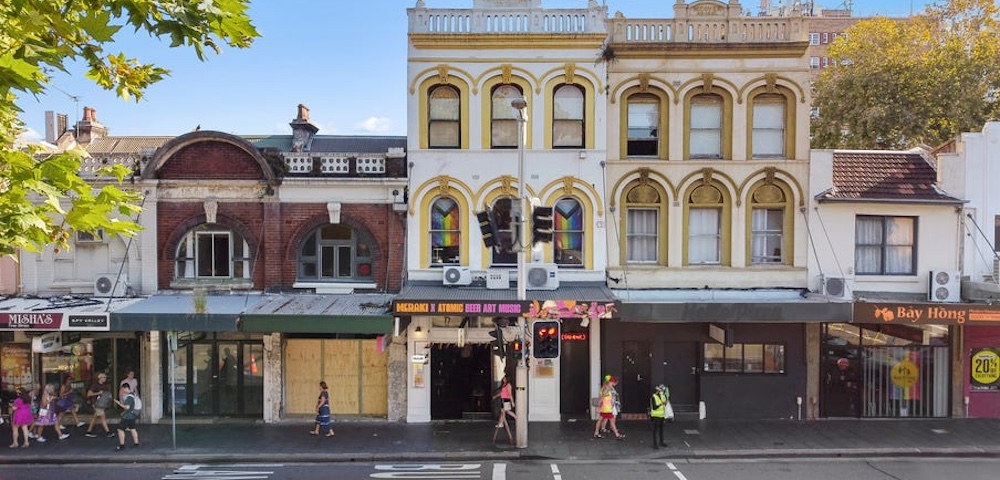
Intersex rights consultation launched by Australian Human Rights Commission
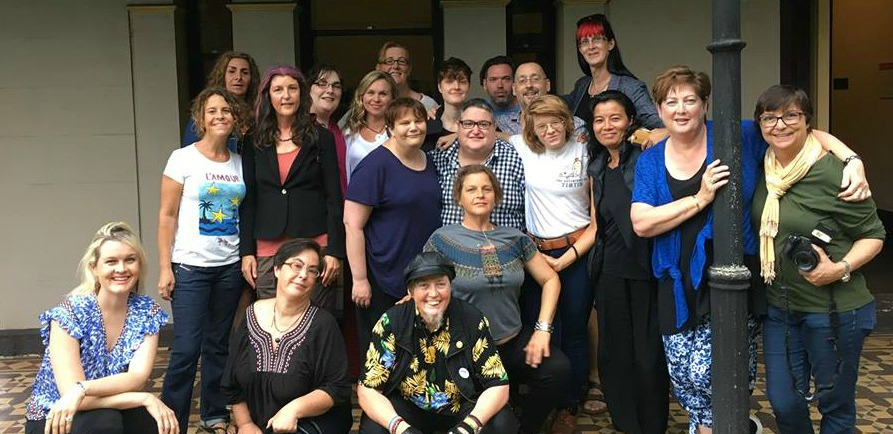
The Australian Human Rights Commission (AHRC) is seeking input from people born with intersex variations on how to best protect their human rights.
The AHRC is asking to hear intersex people’s personal experiences of medical interventions and “suggestions for changes to clinical practices and legal frameworks”.
Intersex people are born with physical or biological sex characteristics that don’t fit binary ideas around male and female bodies, and they make up nearly 2 per cent of the population.
There are at least 40 kinds of intersex variations and while some intersex traits are visible at birth, others might not be apparent until puberty.
The community can get involved either through written submissions or expressing interest in face-to-face consultation with the commission.
As it stands, there is no legislation or national guidelines on the management of intersex variations in Australia.
IHRA and other groups have fought for intersex rights to be included in anti-discrimination legislation.
People born with these characteristics are often subject to medical intervention, including children being put on hormone therapy to align with their presumed gender identity.
Other examples include ‘normalising’ surgery on infants’ genitalia to look a certain way, removal of internal testes due to gendered assumptions, surgical reduction of the clitoris, and vaginal construction surgeries on children.
These medical interventions often result in, or are equivalent to, involuntary or coerced sterilisation.
Intersex activist and a director at Intersex Human Rights Australia (IHRA), Peter Low, spoke to Star Observer in June about the struggle of finding appropriate healthcare as an intersex person given the lack of understanding around their medical needs.
“I was sent to an endocrinologist, and he was honestly really bad. He had no clue what he was doing. He didn’t know anything about the management of XXY, he was hopeless.
“It’s a pretty bad situation in Australia.”
IHRA is assisting with the consultation, alongside other expert reference groups like Androgen Insensitivity Syndrome Support Group Australia (AISSGA), other intersex and parent-led groups, LGBTI and disability advocates, and clinicians.
Intersex activists last year came together to publish The Darlington Statement, an outline of priorities for the intersex community.
If you are someone born with an intersex variation, IHRA has outlined how you can contribute to the consultation here.




